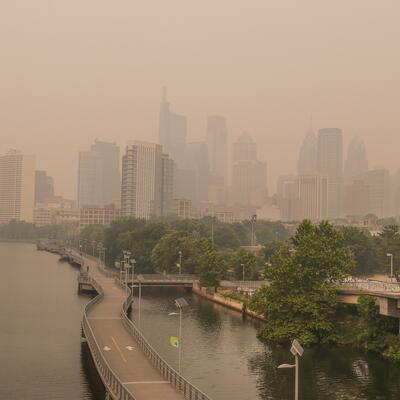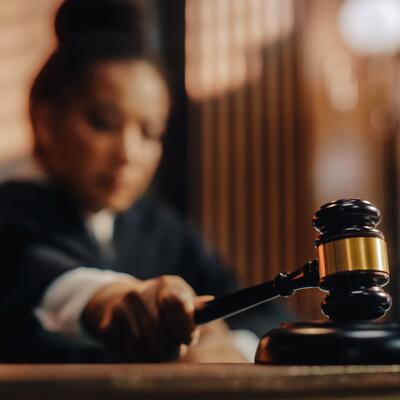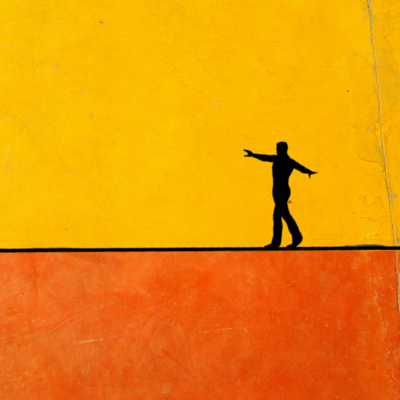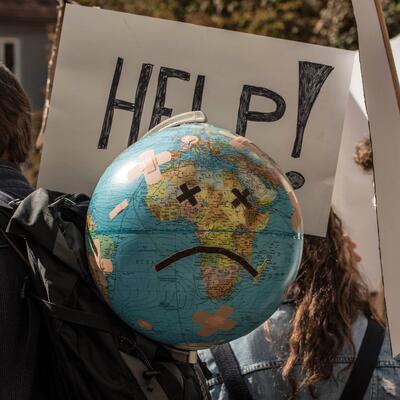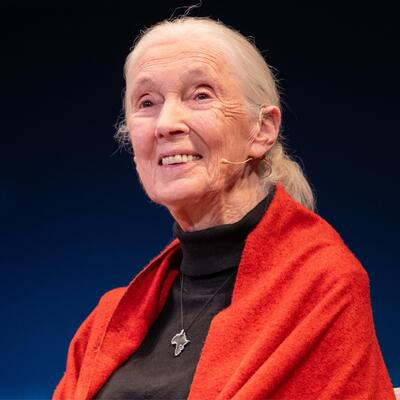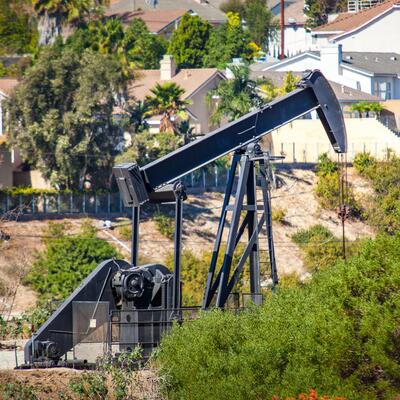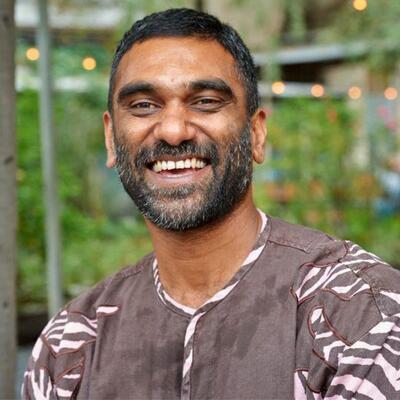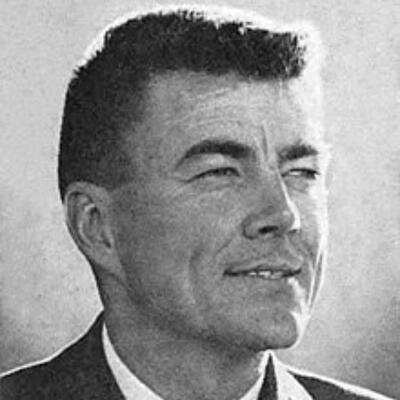
Special: Remembering Pete McCloskey
Guests
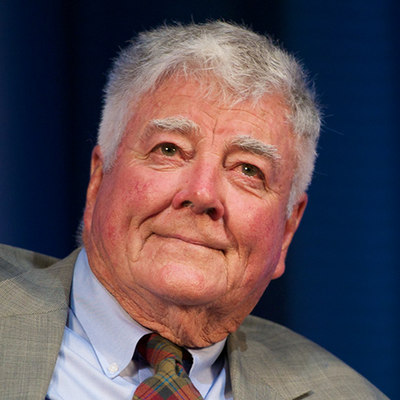
Pete McCloskey
Summary
An environmental giant passed away last week with the death of Pete McCloskey, a former Republican Congressman who co-authored the Endangered Species Act. He died at the age of 94.
A Marine who served in the Korean War, McCloskey was perhaps best known for the politically fraught move of challenging a sitting president in his own party - Richard Nixon - in the 1972 presidential primary because of the Vietnam War. He was the first member of Congress — from either party — to call for President Nixon’s resignation during the Watergate scandal.
After he left public office in the 1980s, he continued to champion peace and environmental causes. About fifteen years ago, he became an early supporter of young people bringing climate cases into the courts. In 2011 he came on Climate One with other experts to discuss the first suits that young people filed alleging the US government has a responsibility to protect a healthy atmosphere for future generations. That effort laid the groundwork for the ongoing case Juliana vs. United States and another that was recently won in Montana.
Long before the world heard of Greta Thunberg, Pete McCloskey was talking about the power of youth.
Resources From This Episode (3)
Full Transcript
Note: Transcripts are generated using a combination of automated software and human transcribers and may contain errors. Please check the actual audio before quoting it.
Greg Dalton: An environmental giant passed last week with the death of Pete McCloskey, a former Republican Congressman who co-authored the Endangered Species Act. He died at the age of 94.
A Marine who served in the Korean War, McCloskey was perhaps best known for the politically fraught move of challenging a sitting president in his own party. He ran against Richard Nixon - in the 1972 presidential primary because of the Vietnam War. He was the first member of Congress - from either party - to call for President Nixon’s resignation during the Watergate scandal.
After he left public office in the 1980s, he continued to champion peace and environmental causes. About fifteen years ago, he became an early supporter of young people bringing climate cases into the courts. In 2011 he came on Climate One with other experts to discuss the first suits that young people filed alleging the US government has a responsibility to protect a healthy atmosphere for future generations. That effort laid the groundwork for the ongoing case Juliana vs. United States and another that recently won in Montana.
Long before the world heard of Greta Thunberg, here’s Pete McCloskey talking about the power of youth.
Pete McCloskey: Well, it started, uh, with people like, uh, the age of, uh, The high school and college students. In 1970, we'd had 25 years of growth after World War II. We'd had the Depression, and then we'd had this incredible development from 1945 to 1970. And every politician ran on the theory, Let's, let's develop more, let's use more automobiles, cars, everything.
And the only people that talked about the environment were people in their, uh, 17, 18, 20 year olds, and they enjoyed the clean air then that California had had. And so, uh, a graduate of San Jose State named Fred Dutton, Senator, uh, Gaylord Nelson of Wisconsin, conceived the idea, we ought to have an Earth Day, and it was going to be April 22nd.
And April 22nd was the famous Arbor Day, which a professor in Nebraska in the 1870s with no trees in Nebraska said, let's have every school child plant a tree. on April 22nd, Seedling. Let's have trees again. Well, so Earth Day came, and we, it was in the height of the anti war years, and so we got the student body president at Stanford, who had just graduated, Dennis Hayes, to be the director of Earth Day 1970.
And he got a staff of young people that were 18, 19, 20 years old, came to Washington, and they wrote a letter to all student body presidents, every high school, every college in the United States, 12, 000 schools, Let's have an Earth Day on April 22nd, but you do it on your school. Berkeley High School, Student Body President writes back, sure, we'll have an Earth Day.
An Earth Day was to be a day of studying, where you had studied air pollution and water pollution, things that were not popular in the Congress's mind, or the executive's mind. And so, every two weeks, a memorandum went out about air pollution, or water pollution, or oceans, or land use, whales. And Earth Day came, and uh, it was celebrated all over the United States, mostly by students, young people, gathering on college campuses, Berkeley, Stanford, San Jose.
Earth Day, uh, came and, and it went. And two weeks later, there was a little article in the paper in Washington that Youth Group labels 12 members of Congress the dirty dozen and vows their defeat. Well, I was in the cloakroom that day, and this old guy came running in, This is your work, McCloskey, this is your work.
He's on the list of the 12 dirty dozen.
Greg Dalton: Cloakroom being the Cloakroom and the House of Representatives.
Pete McCloskey: The Democrats have one in the corner, the Republicans have one. In any event, everybody started laughing, said, This is just a bunch of kids, what can they do? A few weeks later, the two Democrats on that list were both defeated.
Young people from all over the East Coast gathered in Baltimore. And they beat the Denver congressman, uh, the Baltimore congressman, Walter Fallon. Kids from all over the West gathered in Denver and they took out two Democratic congressmen by less than a thousand votes. They hadn't picked the twelve worst, they picked twelve people they thought they could beat.
Because there wasn't a turnout, a Democratic vote turnout. Well, in November they beat five of the seven Republicans. And when Congress convened in January 71, Everybody said, I am now an environmentalist. Here, a force had taken out seven incumbents. That hadn't happened in a century. So Earth Day was followed by all of the great environmental acts.
The Clean Water Act, Clean Air Act, Endangered Species, Marine Mammals. All of that happened with a Democratic Congress, Republican President. About four years. So, what young people did in 1970, it's entirely proper that young people be the plaintiffs in a lawsuit to try to protect the environment. The other atmosphere, because you guys that are 17, 18, 19 today are not going to be living as long as we have lived as a result if that upper atmosphere continues to be tainted.
Never trust the government to adhere to the doctrine of public trust. You gotta force them, and it's gonna be the courts that take the lead, and it's gonna be the young people that, uh, That forced the politicians to act.
